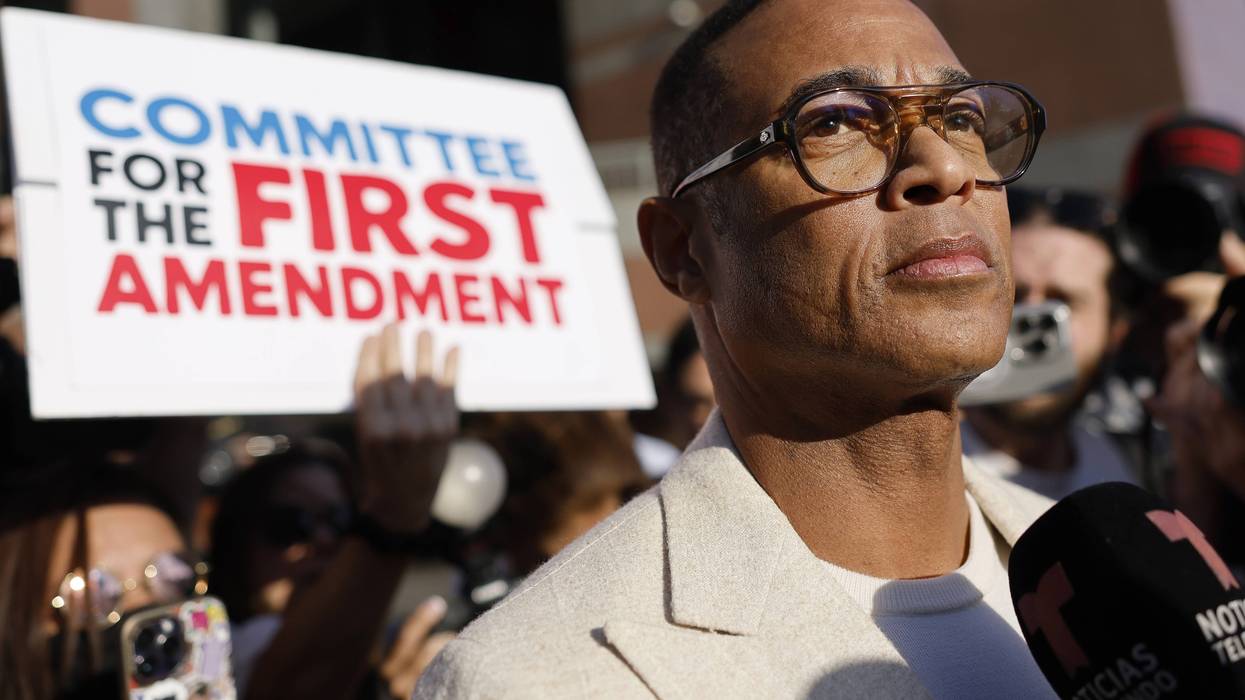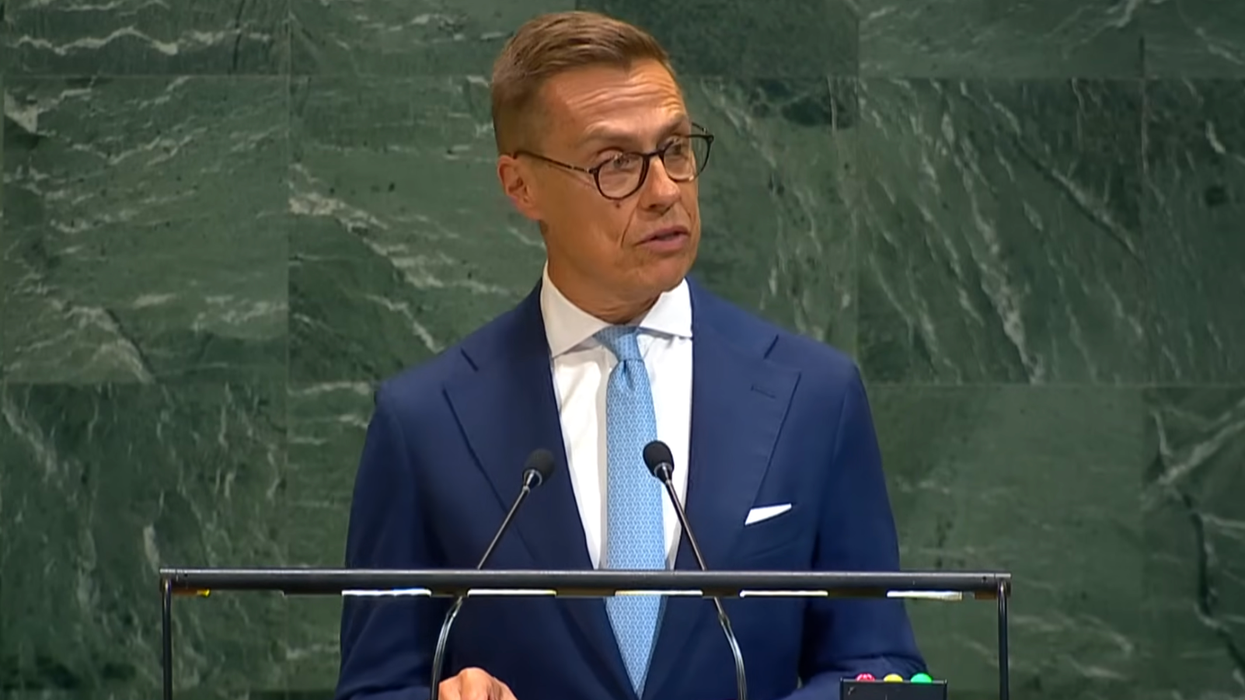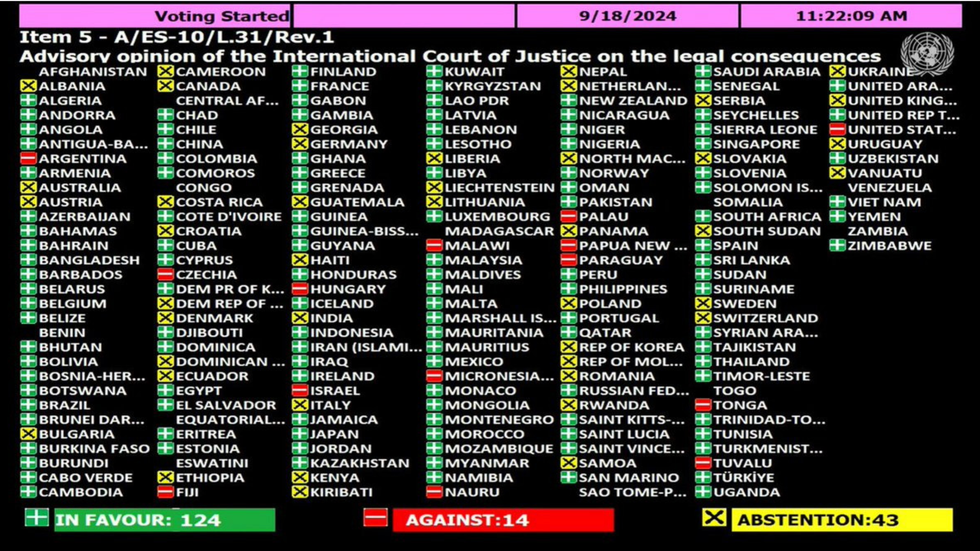In December 1970, my university screeched to a halt as the entire student body boycotted classes. With support from Zairian professors and staff, the students called for the replacement of the Protestant missionary rector, criticized for incompetence and racism. From afar, I sympathized with their position. One day, with the university offering no information on the conflict, I accepted an invitation to hop onto a student bus. As a curious political scientist, I hoped to learn more about what my students were thinking. Arriving at a dormitory, I found myself enveloped in a crowd slowly moving forward. Suddenly, I found myself standing before a mock coffin for the rector emblazoned, “Rest in Peace.” Reaching for humor, I tossed a vine I had picked up onto the coffin. Then I walked away, seeing no opportunity for discussion.
Encountering one of my best students on campus a day or two later, I asked him what was happening with his movement. We discussed the students’ perspective and actions. I posed questions in the style of a neutral reporter or scholar. At a certain point, he reiterated the students’ expressed belief that the rector had discouraged his better qualified, potential replacement. Out of sympathy with the student demands and wanting to equalize our exchange, I shared relevant information I had, which appeared to confirm their suspicion. In doing so, I later realized, I yielded to an impulse that deserved more scrutiny.
Whether or not Lemon is convicted, the Trump administration’s approach of pursuing individuals who can be loosely linked to disruptive demonstrations is likely to continue.
Soon, I was surprised to learn that the rector’s supporters in the university were spreading exaggerated and false versions of my involvement in the protests. I was said to have knelt before the coffin, worked to replace a Protestant rector with a Jewish one, and actively participated in students’ subsequent siege, including minor violence, of university trustees’ meeting in a private home. Declassified State Department records show that Mobutu, his minister of the interior, and the American ambassador believed these baseless reports. I was ordered to fly with my family 800 miles to the capital and report to the minister. Over 10 anxious days, I finally managed to persuade the minister that my case should be “closed.”
Last month, Don Lemon live streamed a community protest group’s disruption of a religious service in a St. Paul, Minnesota church. In the context of community resistance to Immigration and Custom Enforcement abuses, the group had discovered that one of the pastors was an important ICE official. Lemon and eight others were charged under the federal FACE Act with conspiring “to injure, oppress, threaten, and intimidate” (including chants, yelling, and physical obstruction) multiple persons in the free exercise of religion—causing termination of the service, parishioners’ flight, emergency planning, and children’s fears.
Lemon himself was accused of certain “overt acts“ in and around the church:
- Reporting on parishioners' responses to the mayhem, including a young man crying and congregants departing, he called them understandable since the “whole point [of the operation is to disrupt;”
- Physically obstructing, along with two other protesters, the pastor on three sides while peppering him with questions and ignoring his request to leave immediately; and
- Physically obstructing some parishioners attempting to leave.
Some MAGA activists condemned Lemon and the others for “storming” the church and committing an anti-Christian hate crime.
Yet, a detailed examination of Lemon’s hour-long live-stream video of the event shows a far different reality. He is mainly observing and interviewing—as I was in the Congo—plus publicly reporting on what he sees. Inside the church, he tells parishioners and viewers several times that he is “chronicling and reporting” and “not part of the activists.” He interviews protesters, the pastor, and parishioners, generally seeking their views in a neutral way. Sometimes his questioning cites protesters’ grievances, but he generally does not insist upon them. It is also clear from the video that he and nearby protesters are not obstructing the pastor, nor are they preventing parishioners from leaving the church.
Like me, Lemon indicates sympathy with the protesters, invoking the history of the US civil rights movement. At one point he tells viewers—but not others—that he supports the disruption because “you have to make people uncomfortable in these times [when ICE is committing abuses during operations against illegal immigrants].” “I believe…, he declares, "everyone has to be willing to sacrifice something.” Only once though does he seem to depart from neutrality with a parishioner. After an interchange in which he states ICE’s excesses are powering protests and his interlocutor maintains ICE is keeping America safe, he asks the latter, “Do you really believe that?” Then, as the man starts to walk away, Lemon persists by trying to present him with “facts” that immigrants have lower crime rates than natives and most detainees were not convicted of crimes.
Lemon also presents an alternative to the conflict: He suggests to both the pastor and a parishioner that they move from confrontation to calm discussion with the protesters, for that might reveal areas of agreement.
These are however minor chords in Lemon’s overall conventional reporting style. We might consider whether, in an age of flagging journalist legitimacy, a reporter’s acknowledgement of his personal perspective amid an effort to tell a story objectively can enhance audience trust.
Either way, Lemon’s remarks did not transform him into a member of the group besieging the church any more than my two encounters with student protesters made me into a member of the group besieging the trustees.
Together these cases warn that repressive governments may go after a variety of observers sympathizing with militant protesters by purveying false or distorted reports of their actions. Whether or not Lemon is convicted, the Trump administration’s approach of pursuing individuals who can be loosely linked to disruptive demonstrations is likely to continue. Worryingly, the head of the FBI has announced investigations of “paid protest campaigns” throughout the country including “organizers, protesters, and funding sources that drive illicit activities.”





